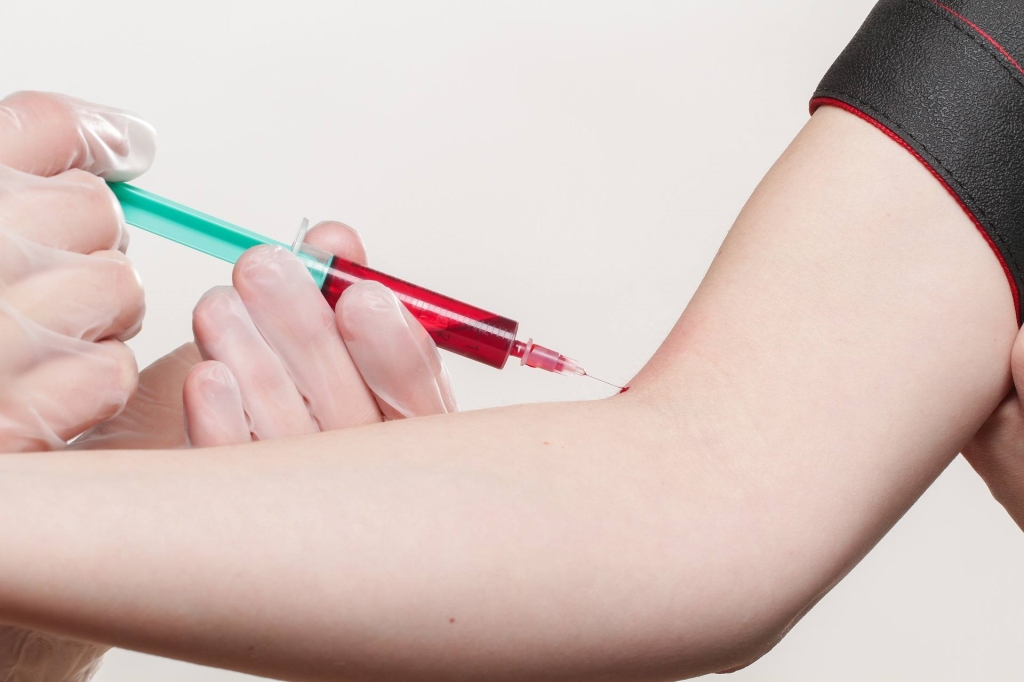How to Launch Your Career: A Complete Guide to Becoming an EKG & Phlebotomy Technician in 2024
Starting a rewarding healthcare career has never been more accessible. If you’re interested in cardiology and laboratory work, becoming an EKG and phlebotomy technician in 2024 can be an excellent choice. This comprehensive guide walks you through every step-training, certification, job prospects, and practical tips-to help you successfully launch your career in the healthcare industry.
Why Choose a Career as an EKG and Phlebotomy Technician?
- High Demand: Growing need for skilled technicians in hospitals, clinics, and diagnostic labs.
- Quick Certification: Short training programs allow you to start working quickly.
- Rewarding Work: Make a real difference in patient care and health monitoring.
- Flexible Opportunities: Work in various healthcare settings with flexible schedules.
- Good salary Potential: Competitive wages with opportunities for advancement in the healthcare field.
Step-by-Step Path to Becoming an EKG & Phlebotomy Technician in 2024
1. understand the Roles and Responsibilities
Before diving into training, familiarize yourself with what EKG and phlebotomy technicians do. EKG technicians perform cardiac tests to monitor heart activity, while phlebotomy technicians draw blood for testing. These roles frequently enough work together in clinical settings,making them ideal for healthcare professionals who enjoy patient interaction and technical procedures.
2. Meet the Basic Eligibility Requirements
- High school diploma or GED
- Basic knowledge of biology and anatomy
- Effective communication skills
- Ability to stand for long periods
3.Enroll in Certified Training Programs
Choose accredited programs that offer comprehensive training in EKG procedures and phlebotomy techniques.Many community colleges and vocational schools provide short-term courses designed for quick certification. Ensure programs include classroom learning, hands-on practice, and exam readiness.
4. Obtain Certification
Certification enhances employability and demonstrates your competence. Popular certifications include:
- American Society of Phlebotomy Technicians (ASPT)
- National Healthcareer Association (NHA) Certified Phlebotomy Technician (CPT)
- American Registry of Electroneurodiagnostic Technologists (AREDTEK) for EKG techs
Check your state’s requirements-some states mandate specific licenses or certifications to practice professionally.
5. Gain Practical Experience
Look for clinical internships, externships, or entry-level positions to build real-world skills. Hands-on practice is crucial in mastering patient interaction, sample collection, and cardiac testing.
6. Apply for Jobs
Prepare a professional resume highlighting your training, certifications, and practical experience. Use online job boards, hospital career sites, and healthcare staffing agencies to find opportunities.
Training and Certification Essentials for 2024
Top Training Programs
| Program Type | Duration | cost Range |
|---|---|---|
| Community College certificate | 4-12 weeks | $1,000 – $3,000 |
| Online Certified Courses | 6-10 weeks | $500 - $2,500 |
| In-Person Vocational School | 8-16 weeks | $2,000 – $5,000 |
Choosing the right training depends on your schedule, budget, and learning style. Look for programs accredited by reputable bodies to ensure certification validity.
Practical Tips for Aspiring EKG & phlebotomy Technicians
- Stay Updated: Keep abreast of the latest techniques and industry standards.
- Develop Soft Skills: Enhance communication, empathy, and patient care skills.
- Build a Professional Network: Attend healthcare seminars and join professional associations.
- Practice Regularly: Utilize simulators and practice labs to refine your techniques.
- Seek Mentorship: Connect with experienced technicians for guidance and advice.
Success Stories: Inspiring Case Studies
Jane’s journey to a Healthcare Career
After completing a 6-week phlebotomy program, Jane earned her certification and started working in a outpatient clinic. Within a year, she expanded her skills into EKG testing and now works as a multi-certified technician earning a competitive salary while making a difference in patient lives.
Mark’s Transition from Retail to healthcare
With no prior medical background, Mark took online courses and hands-on training programs for EKG and phlebotomy techs. His dedication helped him land a full-time position in a hospital within months, setting him up for a long-term healthcare career.
First-Hand Experience: What It’s Realy Like
Many students emphasize that hands-on experience, patient interaction, and attention to detail are vital in this profession. The ability to comfort anxious patients and perform precise blood draws or cardiac tests boosts confidence and competence.
